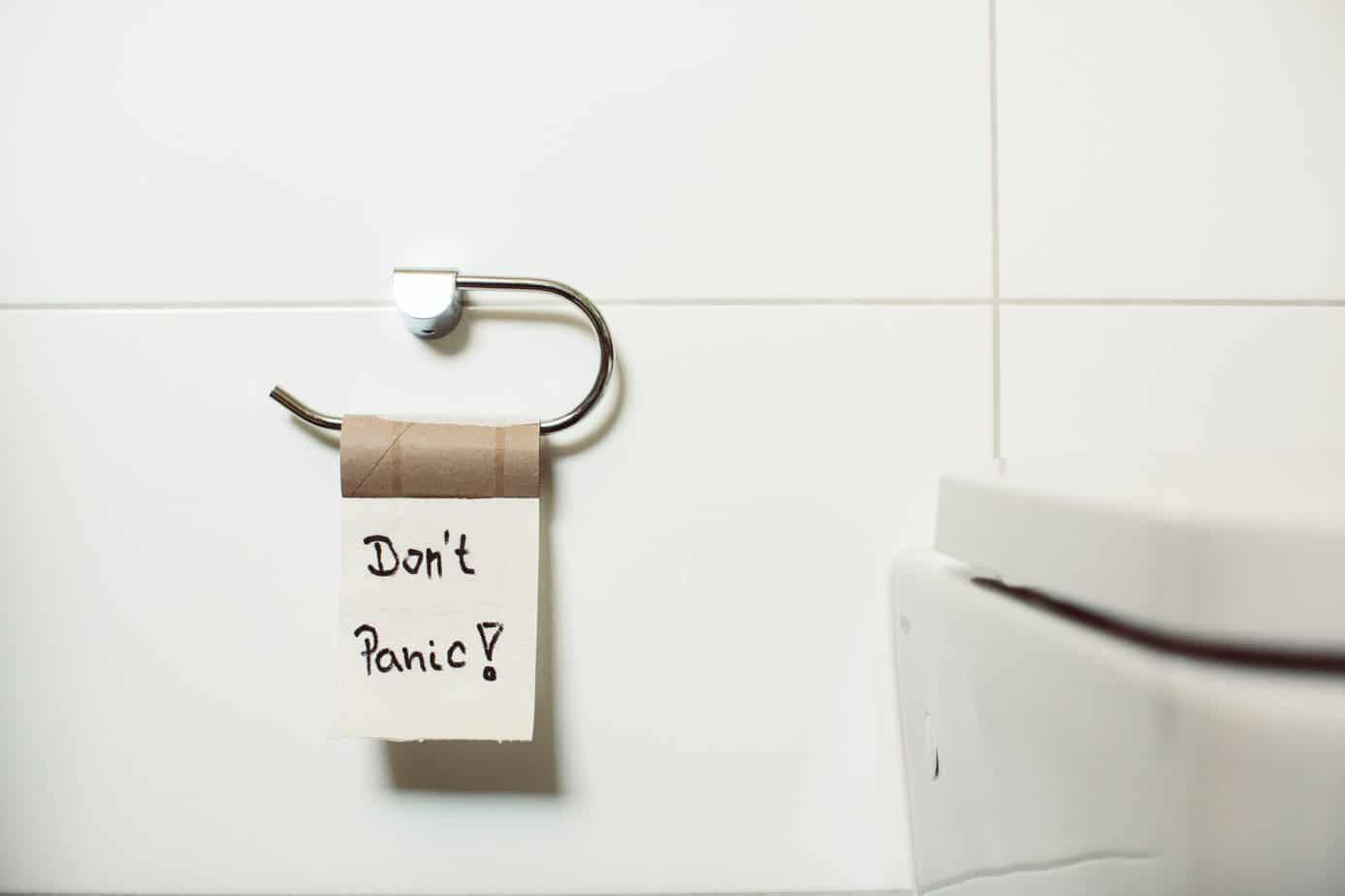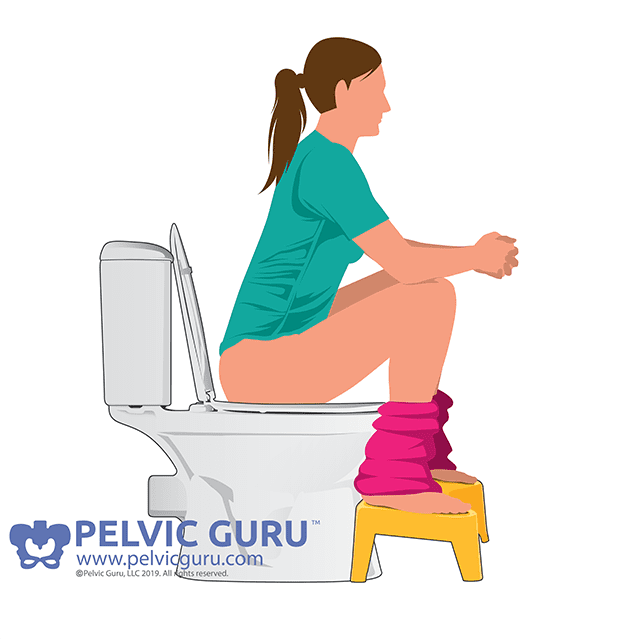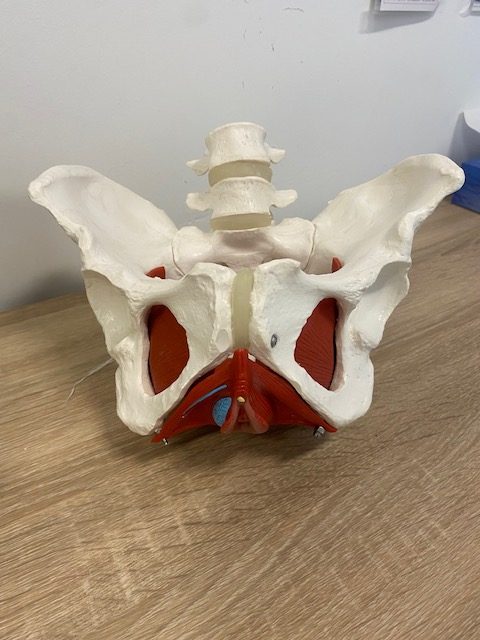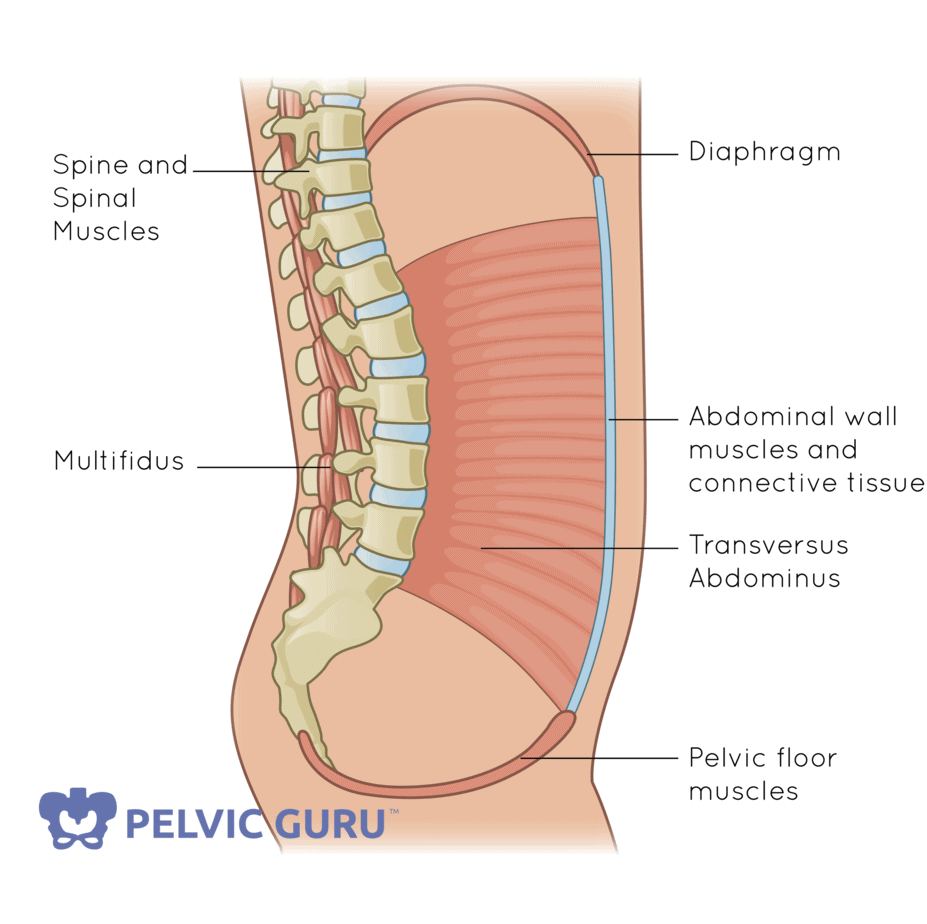Am I Constipated?

The one thing every individual has in common is that we all poop. Some several times a day, some a couple times a week, and the rest in and around that range. We know that what we eat affects our bowels. Generally, we know that eating more vegetables and drinking more water (with the help of coffee in some individuals) helps us go like clockwork.
Once in a while, or for some individuals, this is not the case. Research shows that 16% of the United States suffers from chronic idiopathic constipation. So, let’s discuss poop for that 16%, and for the remaining 84% who may have questioned it at some point.
Chronic idiopathic constipation (or functional constipation) is diagnosed using the following criteria:
Guidelines for constipation
If you don’t meet this criteria, you may skip along. But, for those of you who do meet this criteria, you’d be happy to know that research provided us with the following guidelines.
- Increase fiber intake
- Increase water intake
- Psyllium is recommended as a soluble fiber
- Exercise can be beneficial
- Use behavior modification to pass stool easier
- Optimal toileting position
- Sit on the toilet at the same time every day
- Ensure the bathroom is a calm and relaxed environment
- Other recommendations include using osmotic, bulking and stimulant laxatives as pharmacological interventions.
- Pelvic floor rehabilitation was strongly recommended before opting for any surgical intervention.
Pelvic Physical Therapy Rehabilitation Recommendations
In dyssyergic patients, specific physical therapy interventions that were recommended include:
- Use of biofeedback
- Manual techniques
- Intrarectal balloon manometry
- EMG
In addition, Pelvic Floor Physical Therapists apply a holistic approach, in conjunction with:
- patient education
- breath work
- stretching
- strengthening

Body Harmony Physical Therapy spends up to one hour with each individual for the evaluation and all treatments. We use a comprehensive approach to address symptoms in more than one way. Our therapists work to help you meet your medical and healthcare goals.
References
- Nag, A., Martin, S., Mladsi, D., Olayinka-Amao, O., Purser, M. and Vekaria, R., 2020. The Humanistic and Economic Burden of Chronic Idiopathic Constipation in the USA: A Systematic Literature Review. Clinical and Experimental Gastroenterology, Volume 13, pp.255-265.
- Bassotti, G., Usai Satta, P. and Bellini, M., 2021. Chronic Idiopathic Constipation in Adults: A Review on Current Guidelines and Emerging Treatment Options. Clinical and Experimental Gastroenterology, Volume 14, pp.413-428.







